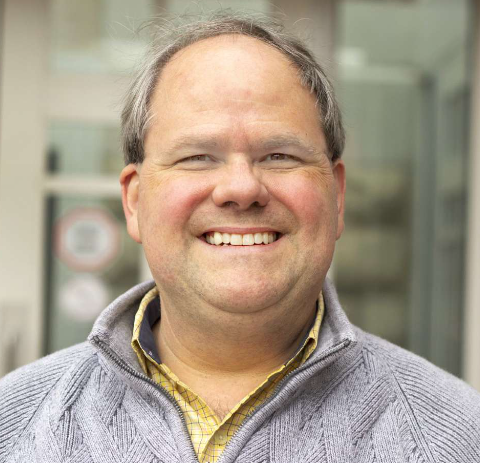
By MICHAEL A. SMITH
Professor of Political Science
Emporia State University
Americans are losing faith in college education. A recent Gallup poll found that only 36% of respondents have “quite a lot” or “a great deal” of faith in higher ed. Multi-billionaire Peter Thiel is offering 20 students $100,000 grants each if they agree not to go to college, working on scientific and technological innovations instead.
There is a sharp partisan divide. Republicans are particularly skeptical, denouncing universities for their diversity, equity and inclusion (DEI) courses and programs. For example, the entire office of DEI at the University of Florida was recently closed in order to comply with new state policies. Similar policies are under consideration in Kansas and numerous other “red” states.
Democrats are not outraged by DEI. Instead, they see college as a barrier to inclusion. Pennsylvania Governor Josh Shapiro signed an executive order removing the college degree requirement for the vast majority of state jobs. New York City Mayor Eric Adams slashed $23 million from the City University of New York system, causing many faculty to be laid off and programs cut. Right here in Kansas, a Board of Regents appointed by Governor Laura Kelly authorized similar cuts at Emporia State University, forcing layoffs of tenured faculty and multiple program suspensions, with the cuts mostly falling on the former College of Liberal Arts and Sciences. The University and KBOR did not follow established procedures for program suspensions and faculty dismissals, and they now face multiple lawsuits.
There is still one place where one does not find a strong case against college education: the data. Evidence for the benefits of college remains overwhelming. The average “college bonus” to one’s income today is 2 million, 800 thousand dollars over a lifetime. Compare this with the average net (post-financial aid) total price for four years at a public university ($81,240) or a private one ($136,160), and the bargain becomes clear.
The case for college goes far beyond dollars and cents. College graduates are healthier and happier. A report published by the National Bureau of Economic Research shows that more education correlates with better health outcomes on a host of physical and mental health indicators. Those with more years of education are less likely to have heart disease, cancer, diabetes, and other chronic illnesses. They are also less likely to suffer from anxiety and depression. This is not just because of the higher incomes.
More education means one is less likely to compromise one’s health with habits like smoking, sedentary lifestyles, and poor diets. It is the education, not just the money, that leads to improved outcomes. Each additional year of education accrues more health benefits, and there is no ceiling. This should shed healthy doubt on the current attempt to make college faster and cheaper–doing so limits college’s biggest benefits.
The college experience itself is another such benefit: the chance to spend four years exploring, with new experiences, skills, and friendships developed before entering the workforce. Such opportunities should not be privileges for the wealthy and upper middle class. They are for everybody.





